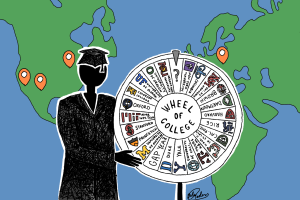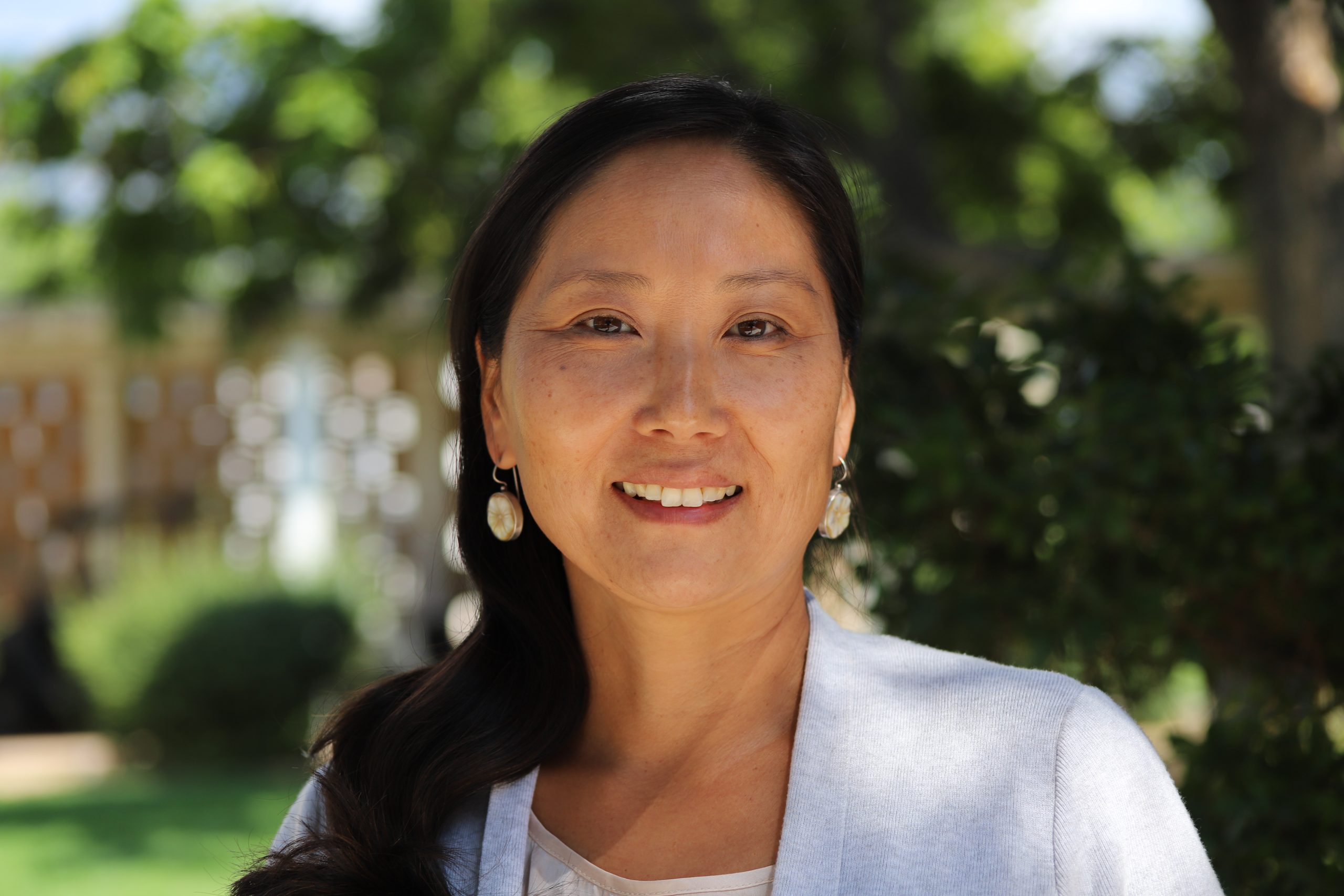Universal Healthcare is not the Answer
May 8, 2020
This year has marked the beginning of a loaded election season. From the recent impeachment trial, conflict with Iran, and a global pandemic, there is no doubt that we, as a nation, have faced a lot of adversities. The global corornavirus pandemic currently affecting all citizens regardless of race, sex, status, or wealth tops the list. As such, the long debated topic of Medicare for All becomes even more important as our health care system faces circumstances it was not ready for. So the long debated question still stands: is Medicare for All the answer to our broken healthcare system?
Universal Healthcare is a highly debated topic, yet younger generations who support this policy– as shown by a 2018 report by CNBC asserting that 70% of all Americans support Medicare for all (MFA)– are not looking at the long term effects of a government-run health system. From the top, the system could seem like it would be running smoothly, but inside the actual hospitals, MFA could be devastating and lead to many fatalities. In order to provide proper funding for a MFA program, a federal budget cut in health services would be required. This would be due to the fact that there is simply not enough federal funds available to provide insurance for every citizen while also funding hospitals and their needs. While politicians such as Bernie Sanders have claimed to solve this issue through increased taxation on those who earn more than $29,000, experts and citizens alike seem to find this a rather daring suggestion. In addition, although this taxation policy has been estimated to raise $436 billion annually, imposing higher taxes on those with an income below $63,179 (the average household income as of 2017) may prove to be financially devastating for those who are already struggling to provide for themselves with a less than livable income. Either way, there is no winning side as citizens would be placed at a disadvantage through taxation and/or federal budget cuts. .
Unfortunately, citizens are not the only ones who would be put at a loss. Hospitals are estimated to suffer as well. Health care budget cuts would undermine financial prerequisites to afford potentially life saving technologies– think ventilators, CT scanners, and MRI scanners, all necessary devices for physicians to provide an accurate diagnosis and treatment of serious conditions. In addition, healthcare paid for at Medicare rates would not provide enough money for hospitals to function as they do now. Doctors may be required to take pay cuts while also working overtime to provide for people who previously did not have access to their services. IRevenue cuts would also be devastating when considering situations such as those that we are facing today: pandemics. Had hospitals been running on finances that would have been available through medicare rates, there is little doubt that due to limited healthcare supplies, overworked doctors, and crowded conditions, perhaps more lives would have been lost.
Lastly, major changes to America’s healthcare system are simply not necessary. According to news source STAT 9 out of 10 U.S. citizens currently have health coverage.Not to mention, Universal Healthcare would completely damage the private health insurance business that Politico states is worth approximately $670 billion and therefore, a major player in our country’s economy. Not only would poorer healthcare be provided, but our economy could also face damage.
Canada’s single-payer system is one that many liberals look to as an example for universal healthcare plans in America, because on the surface, it seems to be a well-oiled machine. But Canada’s medical system is very flawed, and not the best example for what those Americans are expecting. Canadian taxpayers in 2018 paid an average of $6,849 on healthcare alone, whereas in America, the average person only paid around $3,400 in the same year. With poverty levels 3.1% higher in the US than Canada, many people cannot afford to pay higher taxes for medicare (US Census and Canadian Dimensions of Poverty Hub 2018). According to the CommonWealth Fund, only 13% of hospitals are public, leading to waiting lists that could be days long, even for people in need of emergency treatment. The Federalist reports that in the same four-week period, 30% more Americans saw specialists than Canadians did. BioMed Central reports that the percentage of med-school graduates plummeted in the 1990’s by almost two thirds.. According to the Organisation for Economic Cooperation and Development, only 7,700 out of 100,000 residents are graduating from Canadian medical schools as of 2019. The Canadian system is more flawed than meets the eye and is a long way from running smoothly.
So while Medicare for All seems to be the perfect solution for all Americans on a surface level, a deeper dive will reveal that limiting factors would not only harm hospitals and citizens seeking healthcare, it would also prove detrimental in a global health crisis not unlike the one we are facing today. In unprecedented circumstances, it is the duty of the federal government to ensure that all citizens, regardless of financial circumstances, can receive aid. Medicare for All, however, is not the answer.








